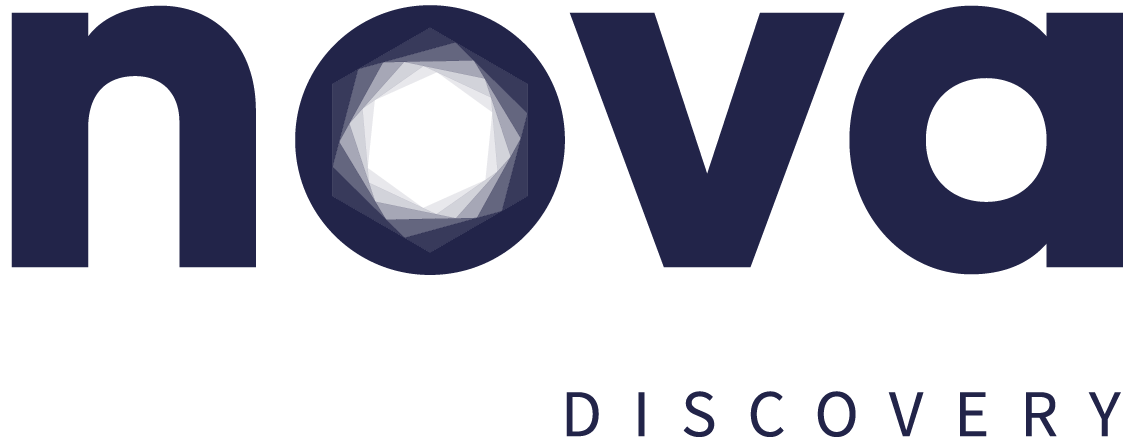Back in the 1990s, the idea of running computer-simulated clinical trials would have seemed far-fetched. The internet had only just emerged, personal computers were the size of suitcases, and Microsoft Windows was a novelty. The pharma industry was still, apparently, enjoying its hey-day.
In fact, R&D productivity was already in decline – and had been for decades. Clinical pharmacologist and entrepreneur Prof. Jean-Pierre Boissel, nova’s co-founder, was acutely aware of this brewing challenge. He had spent a distinguished academic and research career developing and improving clinical trial methodology, including running one of the first randomized multi-centre, with centralized randomization, controlled clinical trials in cardiology in France during the 1970s.
Boissel was also watching two other emerging trends: the rapid increase in biomedical knowledge – even then, far too great for any single human physician or investigator to absorb it on time for decision making – and a fast-maturing IT sector. The data revolution was underway. Boissel was an early adopter: during the 1980s he’d used France’s pre-internet “Minitel” data sharing system to check eligibility, randomize patients, capture, check and correct trial data onsite. The process was extended in ambulances with the first available pocket computer, during an EC-funded trial of thrombolysis in patients at risk of a heart attack. It was clear to Boissel that computer-powered simulations could one day become the third pillar of drug R&D, alongside conventional in vitro and in vivo experiments.



